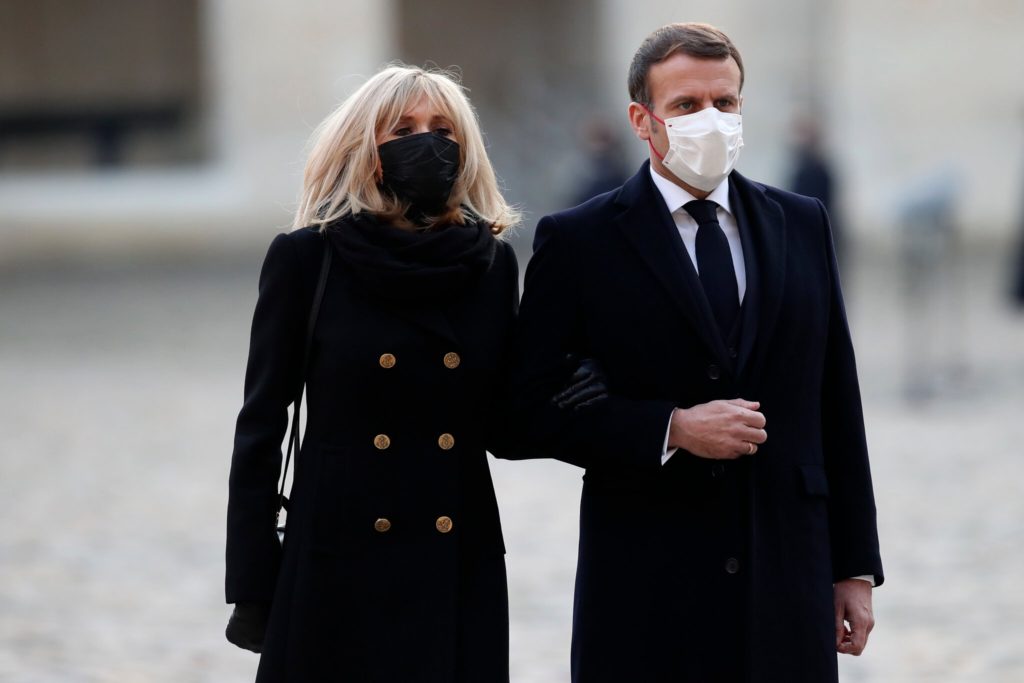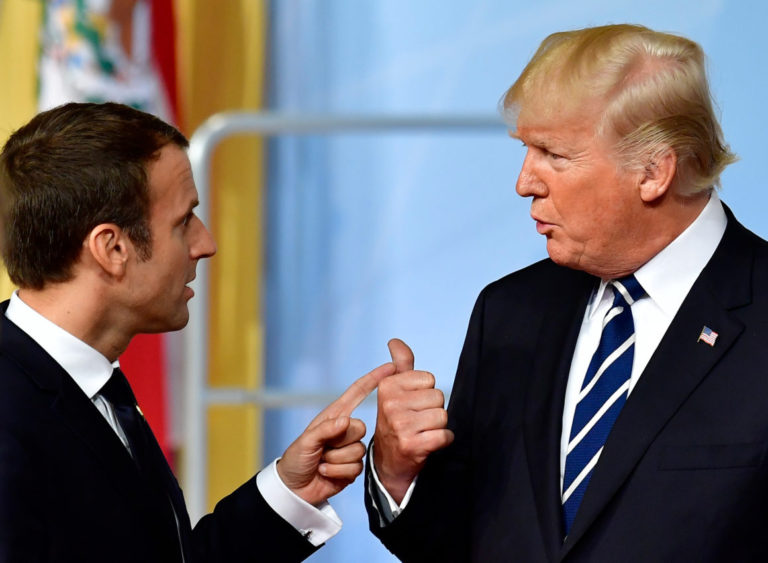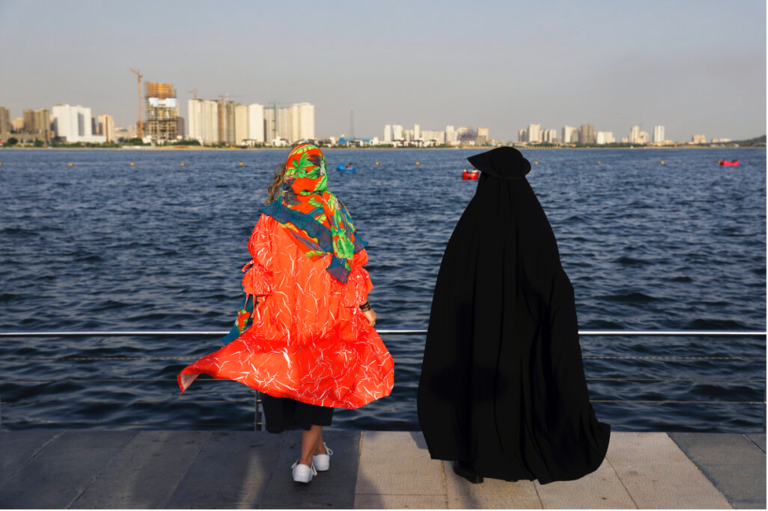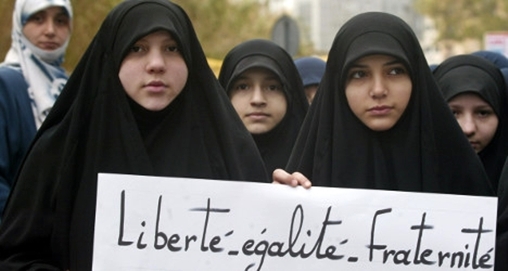
One of my new favorite articles from The New York Times bears the headline: The President vs. the American Media. Now at first glance, you might assume that this is just another article about how President Trump is attacking freedom of speech, but it is actually the result of a phone call Times Media Columnist Ben Smith received from French President Emmanuel Macron.
Macron has struggled to course-correct a poor domestic reputation after a chaotic election that narrowly handed him the presidency. Three years in, it seems all he has succeeded in doing is slowly tank his international reputation, and the chaos of the past three months appears to have led him to lose his temper.
Macron was elected to the presidency in 2017. After a career in private finance and spending time as President Hollande’s Finance Minister, Macron distanced himself from the massively unpopular president by announcing the creation of a popular movement to revise French democracy: “En Marche!” The 2016-17 election rounds eliminated France’s two major parties and put Macron’s fledgling party head to head with Marine Le Pen’s far-right populist party.
After intense turmoil, Macron emerged triumphant with two-thirds of the vote. However, he still had to make efforts to prioritize unity across the political spectrum considering the little support he really had from the greater French populace (with record low turnout of 42.6%). Despite domestic unenthusiasm, his election came as a great relief on the international stage; one less populist in power.
His main campaign promises were to “boost investment and set up a ‘new growth model’” to tackle pervasive economic stagnation. While trying to tread carefully and avoid clashing with labor unions, Macron’s plan included fiscal discipline for public spending and loosening the “legal framework of labour rights and rules.”
On the international stage, Macron’s promises aligned with his affinity for a stronger European Union, putting him at odds with both ends of the French political spectrum. However, his most important promises included advocating for stronger E.U. border guards, mandating fluency in French, and training in France’s specific brand of secularism to counter “the spread of radicalism” and integrate immigrants. On these fears of terrorism and in the light of the relatively recent Paris attacks, he also promised police reform/expansion.
His economic promises have not yielded much, especially in light of the pandemic. His earlier decisions, tax benefits for the rich and hiking a fuel tax, incited the infamous yellow vest protestors. Internationally, he continues to fail at setting a proper hardline against the British on fishing rights, and he can’t even effectively fill the leadership vacuum left behind by the waning German Chancellor Angela Merkel.
The past three months seem to have been the chaos of the last three years on steroids: a terrible coronavirus response, a flailing #MeToo movement, Islamophobia, terrorist attacks and, more recently, police brutality. Macron has been jumping from one crisis to another while trying to hold off the ever-strengthening right-wing populist Marine Le Pen. It’s hard to believe that just this past August, President Macron was received positively in the news for his (kind of) graceful response to the Beirut explosion.
In late September, another tragic attack at Charlie Hebdo’s offices, (provoked by the republication of the offensive cartoons), irked at France’s standing islamophobic tendencies. On October 2 2020, Macron introduced legislation preventing “islamist separatism”. The policies included investment in the education of Islamic culture and civilization, housing issues, and poverty. Yet more worryingly, empowered local officials, created more regulations of mosques, required imams to be certified in France, and mandated Islamic organizations to affirm their secularism.
Only weeks after, the decapitation of Paris school teacher Samuel Paty reinforced fervent defense of France’s secular values and Macron’s aggressive legislation. Macron’s counter-terroism plans had been a two-pronged approach in expanding legal enforcement and funding education with the intention of healing the nation’s divisions. Mr. Paty’s murder ended up shining a stronger light on the former as an empowered police force carried out raids on islamist groups. Compounded by Macron’s refusal to “renounce the caricatures,” anger rose across the Islamic world and tanked any headway he had made on the positive international reputation front.
Turkish President Erdoğan led the anger, calling for a boycott on French products and exploring legal options against Charlie Hebdo. The protests took place across Bangladesh, Pakistan, West Bank, Jordan, etc., though all in varying numbers and fervor. Macron has dismissed these protests, decrying them as a misunderstanding of the French definition of secularism and an unacceptable escalation coming as a result of Turkey’s imperialist ambitions.
November brought new problems into the public sphere as allegations of police brutality grew increasingly concerning. In the vein of Macron’s empowerment of law enforcement, a bill cracking down on footage identifying police seemed to dangerously encroach freedom of speech. Reports of police violence in a Paris migrant camp and a videoed incident of racial abuse by police officers against a music producer heightened concerns over the bill. The bill has since been declared “‘incompatible’ with international law and human rights” by UN special reporters, who presented their findings to the UN Human Rights Council. Racism and police brutality had not only entered the forefront of France’s national discourse, but also the international stage.
Who wouldn’t be exhausted by all this? Macron has failed to keep a level head when it comes to addressing these issues. But regardless of how understandable that might be, he should have. It is his job to do so. Instead of setting a calm example for the country, he has slung insults alongside Erdoğan, parsed words and politicized acts of terrors, as well as overindulged the far-right in his crackdown of islamist organizations.
Perhaps a little bitterness over his representation in the media is merited, and perhaps a few missteps on the international stage can be forgiven. But ranting to The New York Times over perceived slights is dangerously unprofessional behavior.
Macron boiled over a couple weeks ago, calling up Ben Smith to relay his frustration with the “Anglo-American media’s” “obsession with racism, […] views on terrorism, [and] reluctance to express solidarity […] with his embattled republic.” Is the Muslim population not a part of his embattled republic?
He charged our media with “legitimizing violence,” explaining it away as a product of French racism and islamophobia, instead of trying to understand their specific brand of secularism, a pillar of French culture.
The complaints seem like a willful misinterpretation of the Anglo-American media’s take on balancing sensitivity of the tragedy with criticism of Macron’s behavior and counter-terrorism tactics. In fact, this wonderful phone call apparently ended with Smith asking Macron: “whether his vocal complaints about the American media weren’t themselves a little Trumpian — advancing his agenda through high-profile attacks on the press.” Macron replied that “[he] simply wanted himself and his country to be clearly understood. […] And he recoiled at the comparison to Mr. Trump.”
Perhaps Macron, while not starting out as properly representative of the French people, has slightly grown into it, indulging the far right in the process. He has failed on economic promises, failed to put a strong foot forward on the international stage, and succeeded only in furthering the French nationalist policies associated with the universalist based strategy to immigrant integration. Even if he had managed to at least accomplish some of his economic goals, these severe blows to his international reputation likely offset those wins. He has two years left in his presidency to calm down and develop new strategies to raise domestic and international popularity, but perhaps the only way to raise one is to tank the other.



